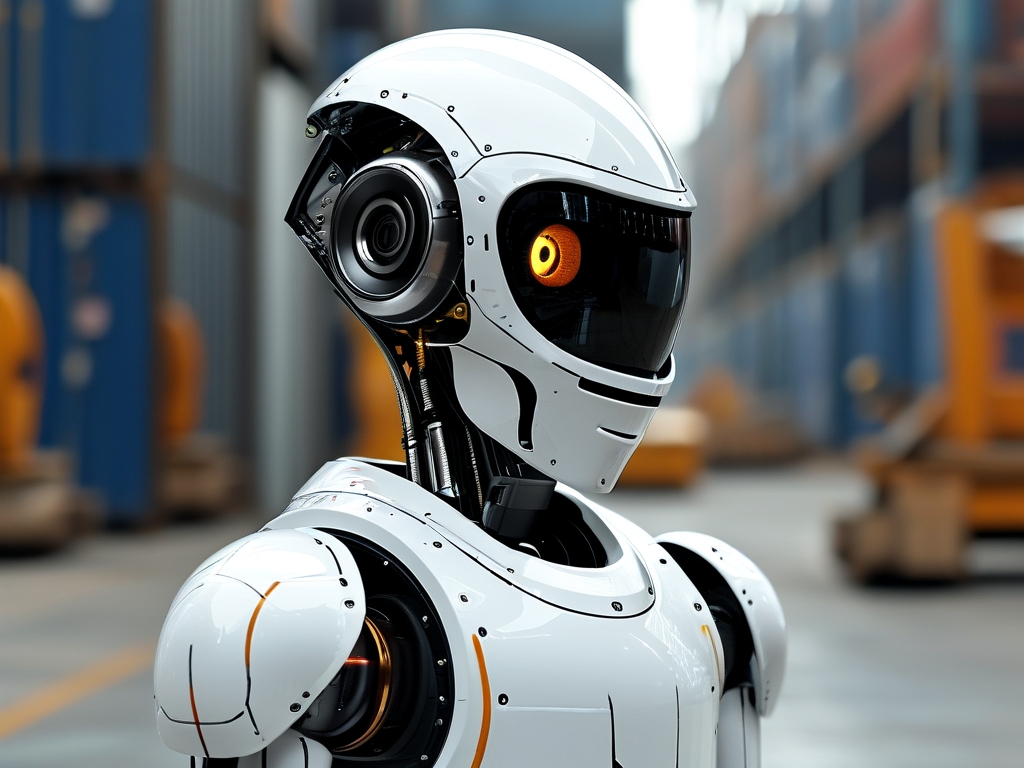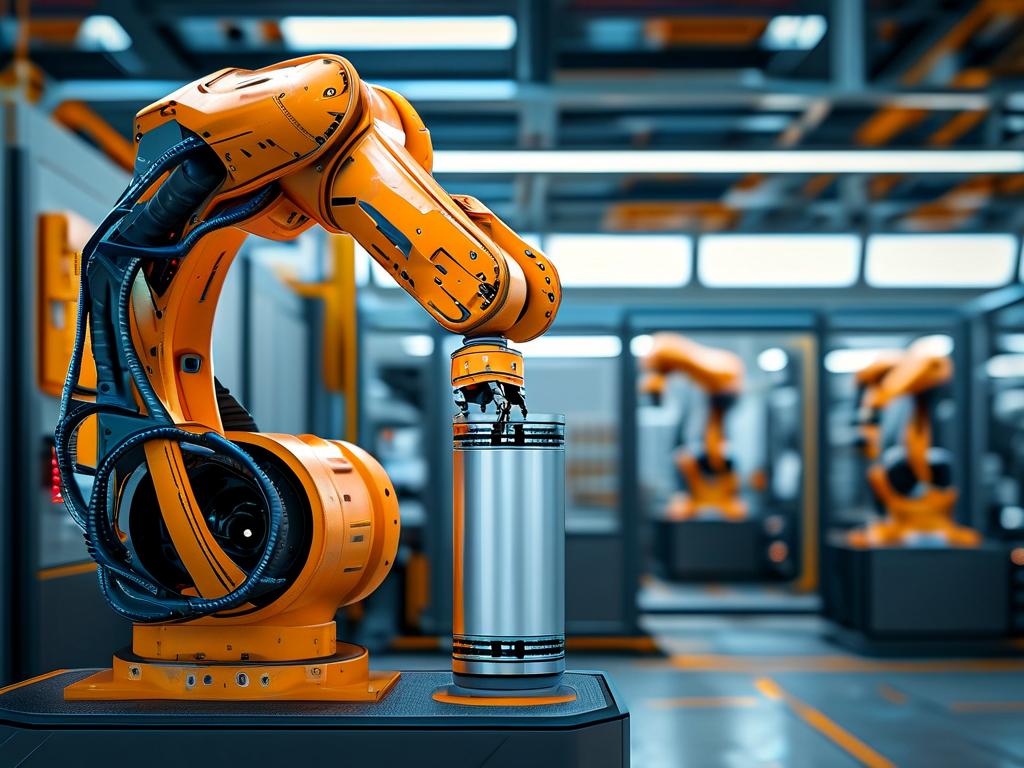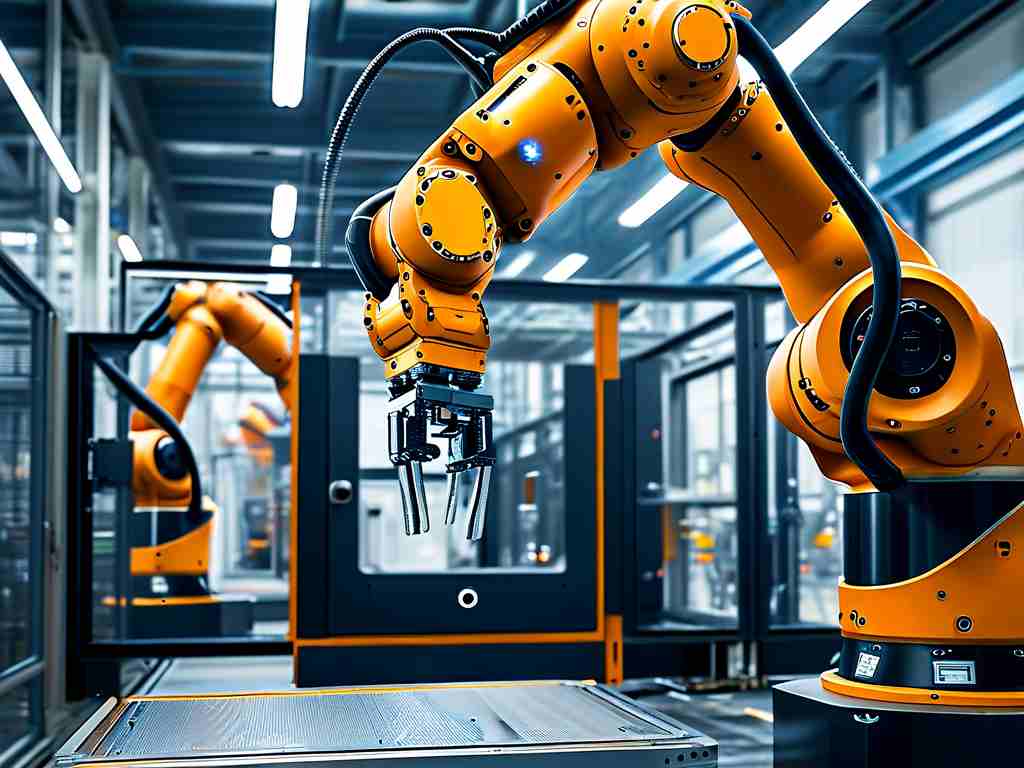In the rapidly evolving landscape of industrial automation, Lingyi Intelligent Manufacturing has emerged as a trailblazer in robotics technology. By integrating cutting-edge innovations with practical applications, the company is reshaping industries ranging from consumer electronics to automotive manufacturing. This article explores Lingyi's groundbreaking advancements, their impact on global supply chains, and the vision driving this technological revolution.

The Rise of Lingyi Intelligent Manufacturing
Founded in 2012, Lingyi Intelligent Manufacturing (LYIM) began as a precision component supplier for consumer electronics. Over the past decade, the company has strategically pivoted toward robotics and automation, capitalizing on its expertise in precision engineering. Today, LYIM is recognized as a leader in smart manufacturing solutions, with its robotics division contributing significantly to its $3.8 billion annual revenue.
Core Technologies Redefining Automation
LYIM's success hinges on three core innovations:
-
AI-Powered Collaborative Robots (Cobots) Lingyi's cobots are designed to work alongside humans, combining machine learning algorithms with advanced sensors. These robots adapt to dynamic environments in real time, optimizing tasks like assembly line quality control and material handling. For example, their flagship model, LY-CobotX9, reduces production errors by 47% in smartphone manufacturing.
-
Modular Automation Systems LYIM's modular robots allow factories to reconfigure production lines within hours-a process that traditionally took weeks. This flexibility is critical for industries like electric vehicle (EV) manufacturing, where demand fluctuations are common.
-
Industrial IoT Integration By embedding IoT sensors into robotic systems, LYIM enables predictive maintenance and energy optimization. Their proprietary platform, LY-Synapse, analyzes data from 10,000+ connected devices globally, reducing downtime by 30% for clients.
Case Study: Transforming Automotive Manufacturing
A partnership with a leading EV manufacturer highlights LYIM's impact. The company deployed 120 customized robots across welding, painting, and battery assembly lines. Results included:
- 55% faster production cycle times
- 20% reduction in material waste
- Zero safety incidents over 18 months
This project underscores LYIM's ability to tailor solutions for high-stakes industries.
Sustainability Through Robotics
LYIM's technologies actively address environmental challenges. Their energy-efficient robots consume 35% less power than industry averages, while AI-driven waste reduction systems have diverted 12,000 tons of industrial scrap from landfills since 2020. The company aims to achieve carbon-neutral operations by 2030, with robotics playing a central role.
Global Expansion and Challenges
Despite its success, LYIM faces hurdles. The U.S.-China tech rivalry has complicated supply chains, prompting LYIM to open production hubs in Vietnam and Mexico. Additionally, rising demand for semiconductor components-critical for advanced robotics-has led to strategic alliances with chip manufacturers like TSMC.
The Human Factor: Workforce Development
LYIM invests heavily in upskilling programs, training over 5,000 engineers annually in robotics programming and AI integration. Their "Human-Robot Symbiosis" initiative focuses on creating hybrid roles where workers oversee and refine robotic operations, ensuring job creation alongside automation.
Future Outlook
LYIM's roadmap includes:
- Quantum Computing Integration: Exploring quantum algorithms to enhance robot decision-making speeds by 2035.
- Medical Robotics: Venturing into surgical-assist robots, leveraging precision engineering expertise.
- Space Robotics: Collaborating with aerospace firms to develop maintenance robots for orbital platforms.
Industry Impact and Competitor Landscape
While competitors like Fanuc and ABB dominate traditional markets, LYIM's agility and AI focus position it uniquely. The global collaborative robotics market, projected to reach $18 billion by 2030, offers ample growth opportunities. Analysts credit LYIM's open-source software ecosystem-which allows third-party developers to create custom robot applications-as a key differentiator.
Ethical Considerations
LYIM actively participates in global AI ethics forums, advocating for transparent algorithms in robotics. Its "Ethical AI Charter" mandates bias audits and user consent protocols, setting a benchmark for responsible innovation.
Lingyi Intelligent Manufacturing exemplifies how robotics can drive industrial progress while addressing societal and environmental needs. By blending technological prowess with strategic vision, LYIM is not just keeping pace with the Fourth Industrial Revolution-it's helping to define it. As industries worldwide grapple with digital transformation, LYIM's robots offer a blueprint for sustainable, efficient, and human-centric automation.









